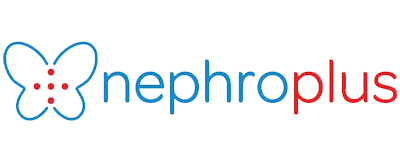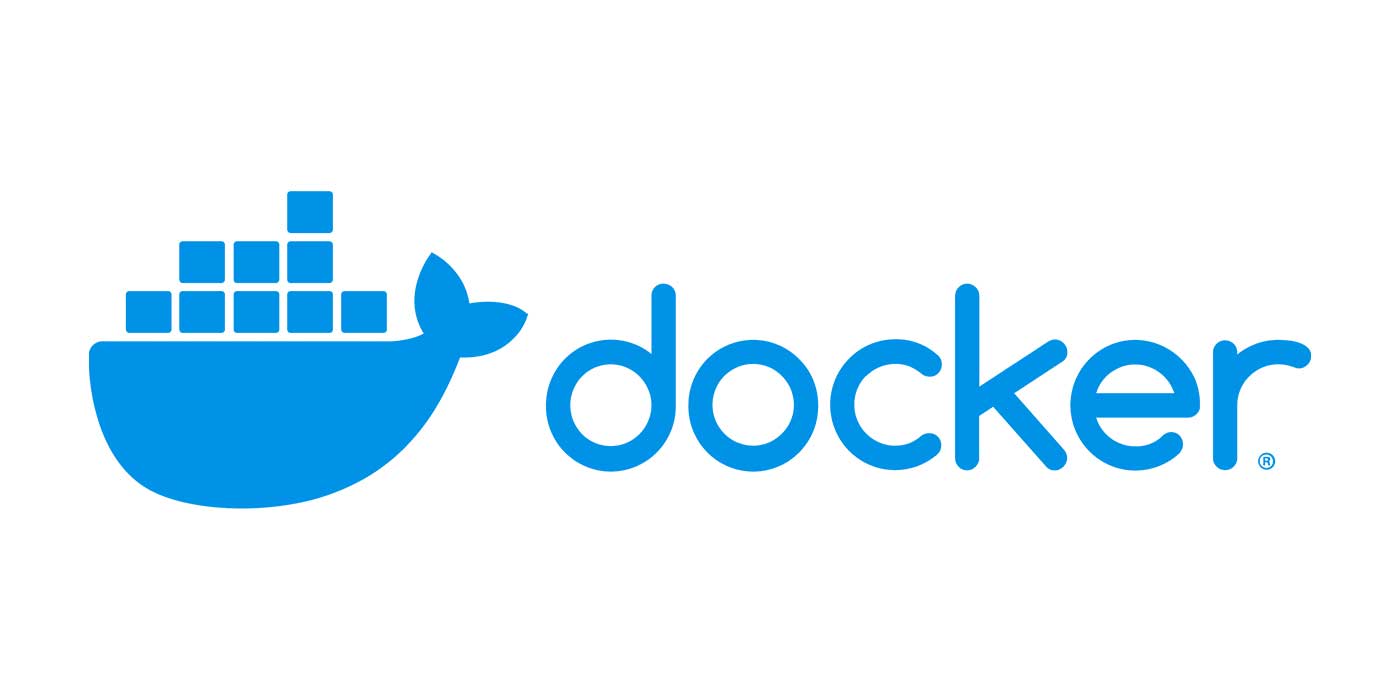NetSkill Wins Google For Startups Grant Of $350k!
Learn More >No. 1 Corporate Training & Upskilling Company in the World.
Talk to usIntroduction of the Course
DevOps is a transformative methodology that enhances collaboration between development and operations teams, ensuring faster and more efficient software delivery. Netskill’s Corporate DevOps Training is designed to equip professionals with hands-on experience in automation, continuous integration, deployment, monitoring, and security practices. Whether you're an individual looking to upskill or an organization aiming to implement DevOps at scale, our comprehensive training modules will provide the expertise needed to streamline processes and improve productivity.
All our DevOps Training Courses are accessible via Netskill LMS, where learners can find course videos, training content, quizzes, assessments, and certification opportunities.
DevOps Training Courses: Instructor-Led, In-Person, or Self-Paced
At Netskill, we offer three flexible training modes to cater to different learning preferences:
- Online Training: Live, instructor-led sessions with real-time interaction and Q&A.
- In-Person Training: Onsite corporate training tailored to company-specific needs.
- Self-Paced Learning: Learners can access training materials anytime on Netskill LMS, including recorded sessions, hands-on labs, and assessments.
Each mode ensures that professionals acquire practical DevOps skills to enhance collaboration, automate workflows, and improve software delivery processes.
Target Audience for Corporate DevOps Training Courses
Our Corporate DevOps Training is suitable for:
- IT professionals looking to transition into DevOps roles.
- Software developers and system administrators.
- Cloud engineers and automation engineers.
- Project managers and team leads aiming to improve collaboration.
- Enterprises seeking to implement DevOps culture and best practices.
- Organizations that require corporate DevOps training to upskill their workforce.
What Are the Modules Covered?
Our Netskill DevOps Training covers industry-relevant modules, ensuring learners gain in-demand DevOps skills:
- Introduction to DevOps
- DevOps principles, culture, and best practices.
- Benefits and impact on software development.
- Version Control with Git and GitHub
- Git commands, branching, merging, and collaboration.
- GitHub workflows and integration with CI/CD pipelines.
- Continuous Integration & Continuous Deployment (CI/CD)
- Jenkins, GitHub Actions, GitLab CI/CD.
- Automating builds, testing, and deployment.
- Configuration Management & Infrastructure as Code (IaC)
- Ansible, Puppet, Chef, and Terraform.
- Automating infrastructure provisioning.
- Containerization & Kubernetes
- Docker fundamentals and container orchestration.
- Deploying applications on Kubernetes clusters.
- Monitoring & Logging
- Prometheus, Grafana, ELK Stack.
- Performance monitoring and troubleshooting.
- Security & Compliance in DevOps
- DevSecOps practices.
- Securing CI/CD pipelines and cloud environments.
- Cloud & DevOps Integration
- AWS, Azure, and Google Cloud DevOps practices.
- Implementing DevOps in a multi-cloud environment.
Importance of DevOps Training Skills and Competencies for Employees
Investing in corporate DevOps training enhances workforce capabilities by:
- Improving collaboration between development and operations teams.
- Accelerating software delivery through automation and CI/CD pipelines.
- Reducing downtime with proactive monitoring and rapid issue resolution.
- Enhancing security by integrating DevSecOps practices.
- Optimizing cloud infrastructure with DevOps best practices.
Netskill Approach to DevOps Training
At Netskill, we provide a structured and interactive learning experience through:
- Hands-on Labs & Real-World Projects to ensure practical exposure.
- Gamified Learning Outcomes that enhance engagement and knowledge retention.
- Quizzes & Assessments to track progress and reinforce learning.
- Industry-Recognized Certification upon successful course completion.
All training resources, including course videos, content, quizzes, assessments, and certifications, are available on the Netskill LMS for easy access and continuous learning.
Why Choose Netskill as Your DevOps Training Partner?
- Comprehensive Curriculum designed by industry experts.
- Flexible Learning Modes (Online, In-Person, Self-Paced on Netskill LMS).
- Real-World Scenarios and hands-on projects for practical learning.
- Gamified Learning Experience for enhanced engagement.
- Recognized Certification that boosts career opportunities.
- Dedicated Support & Mentorship for seamless learning.
Frequently Asked Questions
Agile is a software development methodology that focuses on iterative development and collaboration between crossfunctional teams. DevOps, on the other hand, is a cultural and technical approach that extends Agile principles to include operations and aims to automate and integrate the processes between software development and IT operations teams. While Agile focuses on development, DevOps encompasses the entire software lifecycle, including deployment and operations.
DevOps emphasizes the concept of “security as code” and integrates security practices throughout the software development lifecycle (SDLC). It promotes collaboration between development, operations, and security teams (DevSecOps) to ensure security measures are automated, integrated early in the development process, and continuously monitored. This proactive approach helps identify and mitigate security vulnerabilities early, reducing the risk of security breaches in production environments.
Common challenges include cultural resistance to change within organizations, integrating legacy systems with modern DevOps practices, aligning DevOps initiatives with business objectives, and managing the complexity of implementing CI/CD pipelines and automation across diverse environments. Additionally, ensuring security and compliance in a DevOps environment and upskilling teams to adopt new tools and methodologies are significant challenges.
DevOps practices offer small teams and startups several advantages, such as faster timetomarket for products and services, improved collaboration between team members, enhanced scalability and flexibility through cloudbased infrastructure, and costeffectiveness by automating repetitive tasks and reducing manual errors. By adopting DevOps early, small teams can establish efficient workflows and adapt quickly to changing market demands, fostering innovation and growth.
Automation is a cornerstone of DevOps, enabling teams to streamline repetitive tasks, such as testing, deployment, and infrastructure provisioning. By implementing automation tools and practices like CI/CD pipelines, configuration management tools (e.g., Ansible, Puppet), and infrastructure as code (IaC), organizations can achieve faster delivery cycles, consistent deployments, reduced operational costs, and improved overall efficiency. Effective implementation involves identifying critical processes for automation, designing robust workflows, and continuously optimizing automation scripts and configurations based on feedback and evolving requirements.
Explore Plans for your organisation
Reach goals faster with one of our plans or programs. Try one free today or contact sales to learn more.
Team Plan For your team
Access to 3 training modes

Online Training

In - Person Training

Self Paced
- Access to 5,000+ courses
- Access to 3 training modes: In-person, online live trainer and self-paced.
- Certification after completion
- Earn points, badges and rewards
Enterprise Plan For your whole organisation
Access to 3 training modes

Online Training

In - Person Training

Self Paced
- Includes everything in Team Plan,plus
- Dedicated Customer Success Manager
- AI-Coach Chatbot with Personalised Learning & Course Recommendation
- Customised courses & content
- Hands-on training & labs
- Advance Analytics with team/employee reports
- Multi-language support
- White-labeling
- Blockchain integration for certifications
- Gen AI Content Creator for your courses

What our users
have been saying.
Related Courses




Certified Trainers for 1000+ Skills

Murali M
Web Developer
(Python, SQL, React.JS, JavaScript)

Saurab Kumar
Business Strategist
(HR, Management, Operations)

Swayangjit Parida
Marketing Consultant
(SEO, PPC, Growth Hacking, Branding)

Robert Mathew
Web Designer
(Figma, Adobe family, 3D Animation)

Catherine
Financial Planner
(Personal Finance, Trading, Bitcoin Expert)
Want To Get In Touch With Netskill?
Let’s take your L&D and talent enhancement to the next level!
Fill out the form and our L&D experts will contact you.
Our Customers
5000+ Courses
150k+ Learners
300+ Enterprises Customers





NetSkill Enterprise Learning Ecosystem (LMS, LXP, Frontline Training, and Corporate Training) is the state-of-the-art talent upskilling & frontline training solution for SMEs to Fortune 500 companies.















